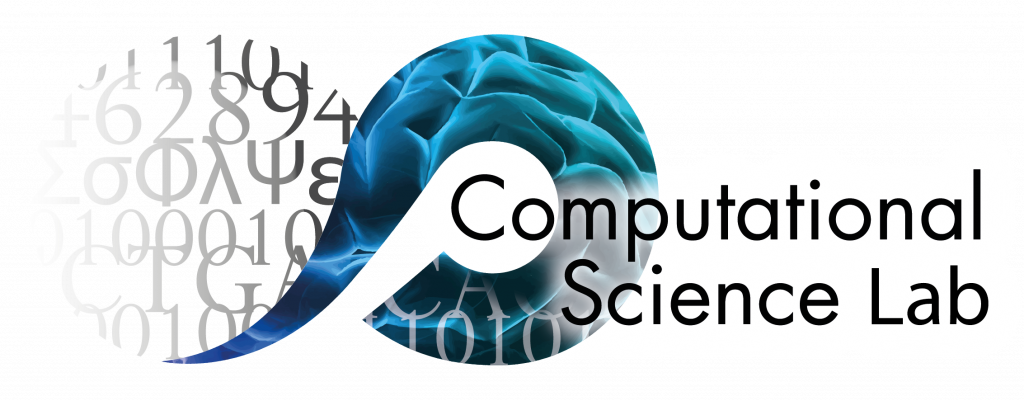Les Institutions Européennes: ombres et lumière… Photo by: Philippe Dechet
In virtually all human societies, the sustained provision of public goods is enforced through punishment. This can happen, for example, via a legal system (formal punishment institutions) or individual-level reciprocity (informal punishment institutions). Formal and informal institutions are usually costly, though. Our computational model based on experimental evidence shows that costly punishment institutions can be adopted through voting and learning but suffer an existential threat. If the decision-making process to implement the punishment institution is not aligned with the scale of the public good, there are unavoidable free-riding incentives. We show—across scales of the decision-making process and public good—under which conditions punishment institutions are adopted and promote cooperation.


